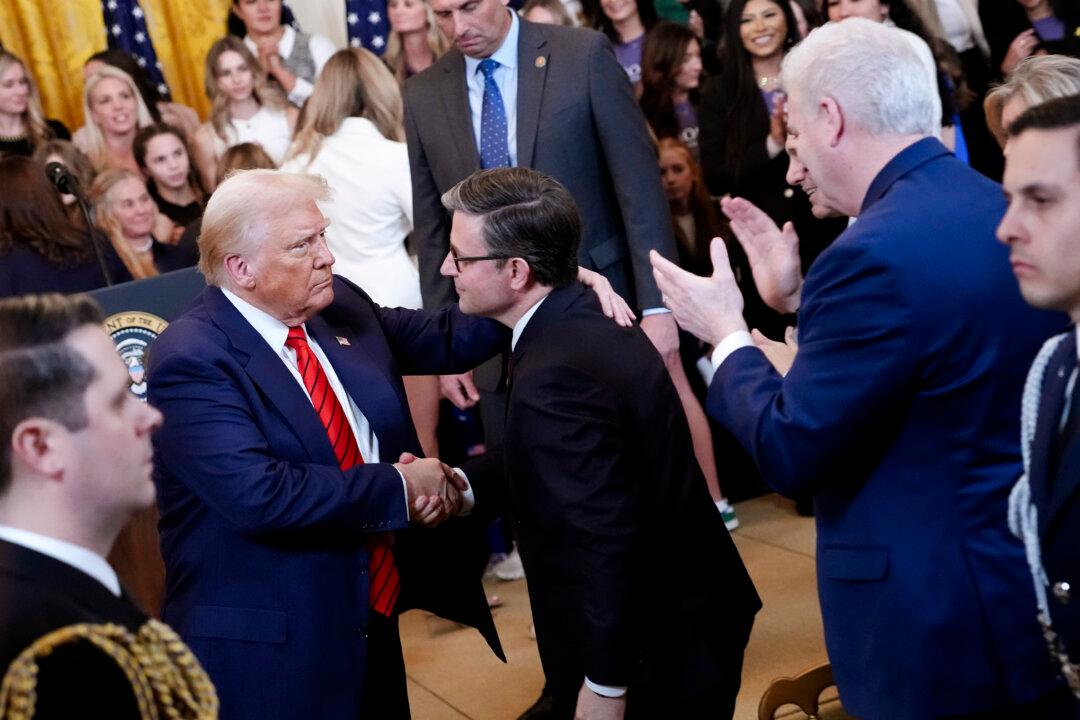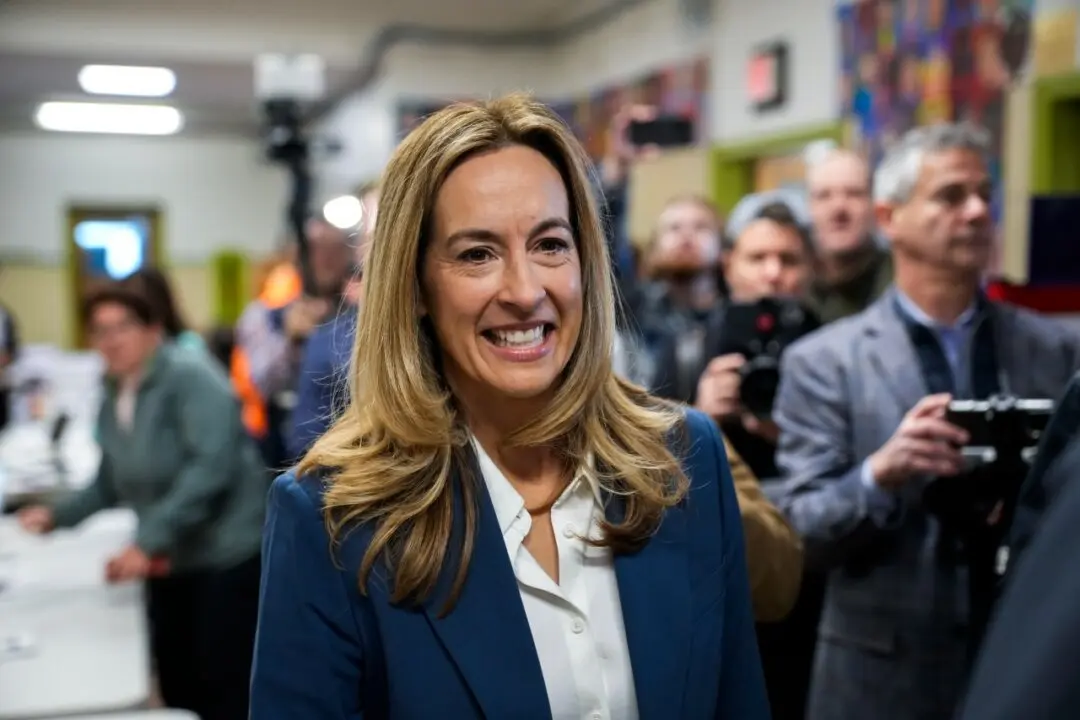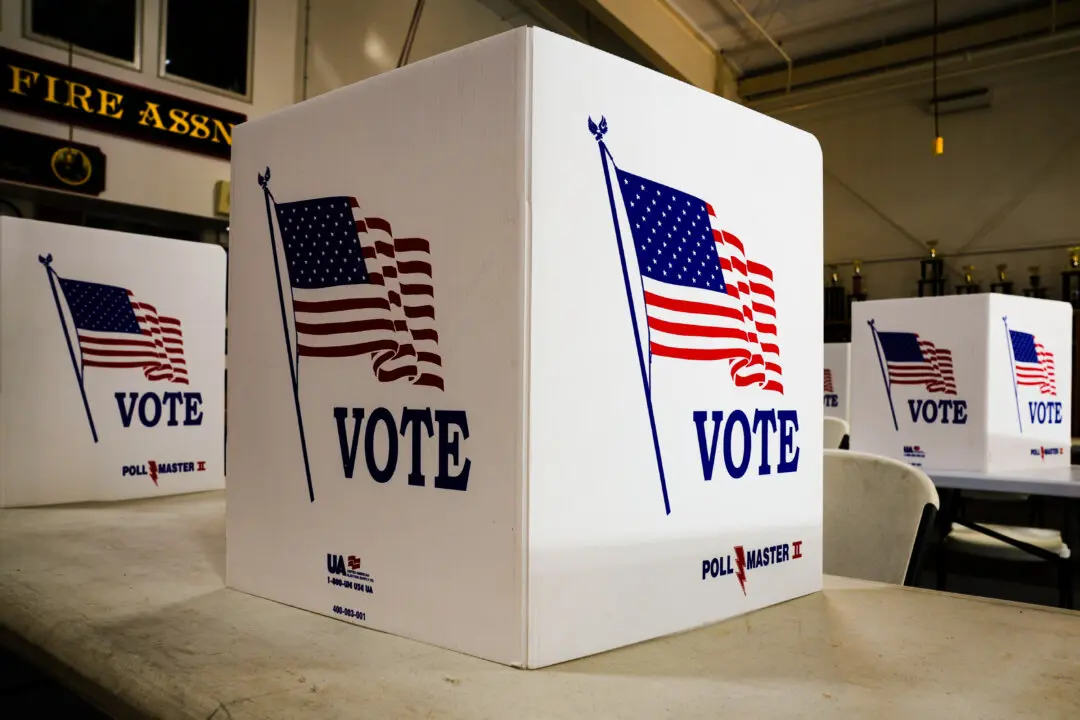WASHINGTON—Leaders of the House of Representatives on Feb. 7 told The Epoch Times that they intend to release a “budget reconciliation” plan to pass President Donald Trump’s agenda over the forthcoming weekend, while the Senate announced it would begin its own parallel process with a different approach.
The word “reconciliation” has dominated Congress for the past several weeks as Republican leaders of the Senate and House negotiate a pathway to enacting measures that Trump has prioritized, such as extending the Tax Cuts and Jobs Act of 2017 and increasing funds for border security. The “budget reconciliation” process allows Congress to pass bills related to taxation, spending, and borrowing by avoiding a filibuster in the Senate—where Republicans have only 53 votes and rules mandate a 60-vote cloture requirement—though the duration of their fiscal effect is limited to 10 years.





